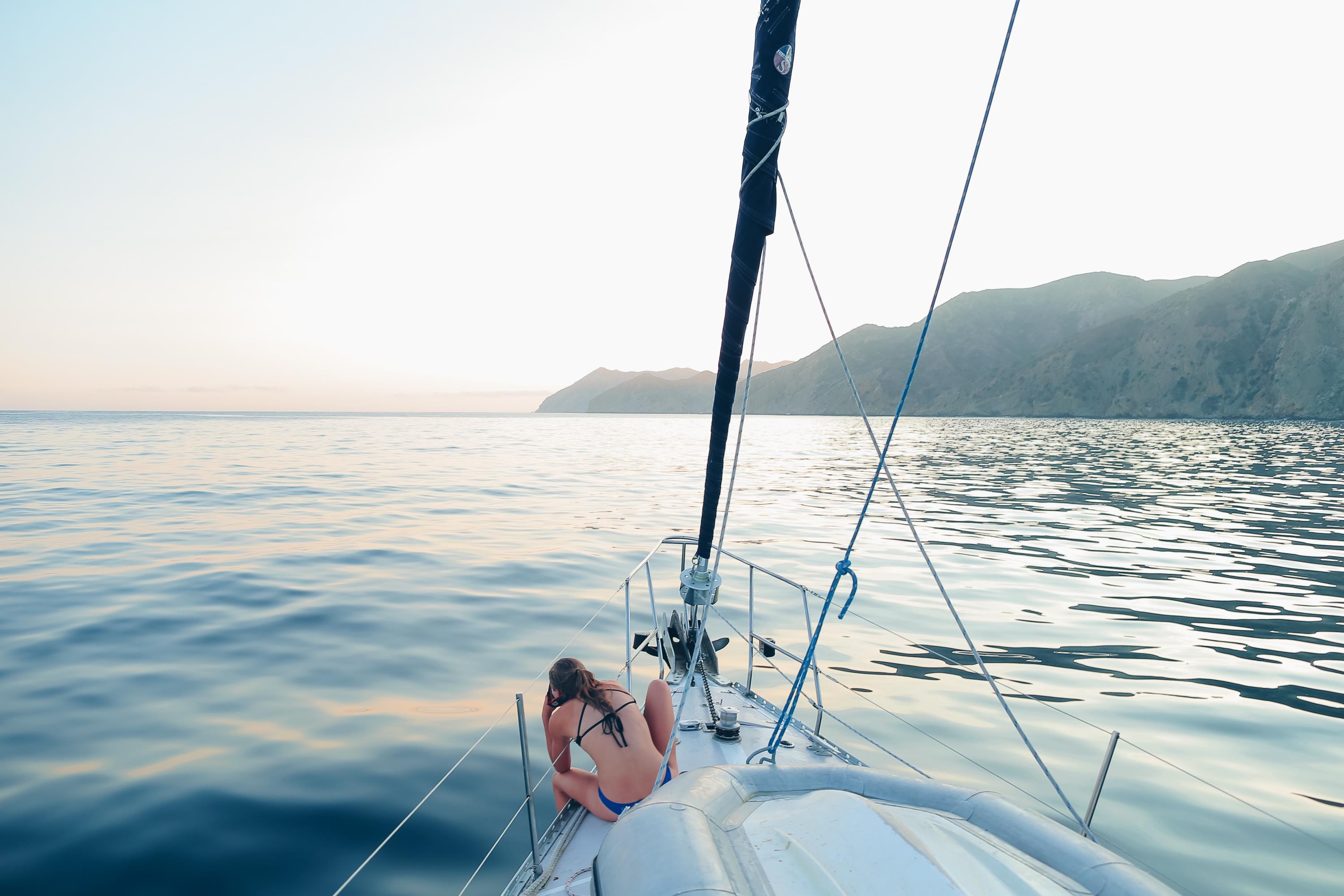
Marina Contracts Part One
It's almost Spring, and the migration to the marina will again take place. I came across a good article which points out the importance of knowing what you are signing.
BASED ON AN ARTICLE IN BOATUS
Reading a marina contract, especially the fine print, is about as exciting as watching paint dry. But this contract is every bit as important as any other major contract you're likely to sign, and you need to know what your responsibilities are, as well as the marina's. To complicate things, marina contracts may trigger the application of "maritime law" rather than state law, as in most consumer contracts. Maritime law is a specialty field with different types of remedies, recoverable damages, and even lawyers, so it's especially important to know what you're agreeing to.
A marina contract is much like any other contract, in which each party is responsible for something — you agree to give the marina money, and it agrees to give you something in return, namely a place to keep your boat. But it's worth noting that such contracts are usually written by lawyers whose focus may be more aligned to benefit the marina than the customer. Discussions about legal liability and how it may be limited or shifted can be woven throughout the contract. What provisions are enforceable will vary, depending on your jurisdiction, and with that in mind, it's important to be alert to how those provisions might affect you.
Marina Contract Basics
Marina contracts often have many basic similarities. As an example, they're usually very specific about what you can do with the slip you use. It may say you can't sublease it or carry on any business there. It will also say how much your fees are and what the consequences are for not paying.
If you're not sure about some of the liability language in your contract, talk to your insurance company.
Marina contracts almost always require that your boat be covered by a marine-insurance liability policy with a certain minimum limit, and many marinas require that your boat also be covered by hull insurance. You'll usually be required to have the boat state-registered and/or have a state-use decal. Often, there is language that requires a boat to be operable, and some marinas require that the boat actually leave its slip once or twice a year. Be aware that the contract may require you to pay for such things as fenders or docklines if yours are deemed inadequate or even having your boat pumped out and raised if it sinks. If you hire someone to work on your boat, the contract may require that you have that person present his or her worker's compensation or liability-insurance certificates before entering the premises.
Many marina contracts have what may appear to be one-sided clauses. Some may say that the marina can cancel the contract for any reason beyond its control (for example, after the marina is damaged by a storm), though that same right is usually not extended to the slip holder. The marina can usually terminate the contract for cause, which means that if you don't abide by the marina's rules (say, if you don't pay your fees, or even if your guests fail to abide by the marina's rules) you can be kicked out. The contract may say that it doesn't have to give you a pro-rated refund. If you get behind on your slip fees, the contract may say that the marina can file a lien on your vessel and may even be able to "arrest" it, preventing you from moving it until your fees are paid. Such liens also may make you responsible for the marina's legal and other expenses. While most of these clauses are pretty easy to understand, in recent years, marinas have begun including new language that is often full of hard-to-comprehend legalese, which may leave you on the hook for damages.